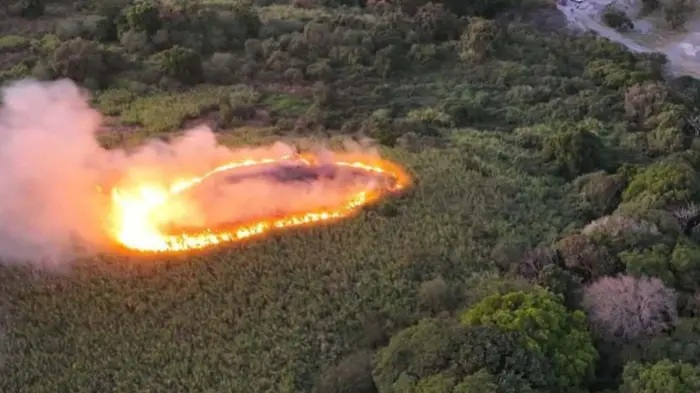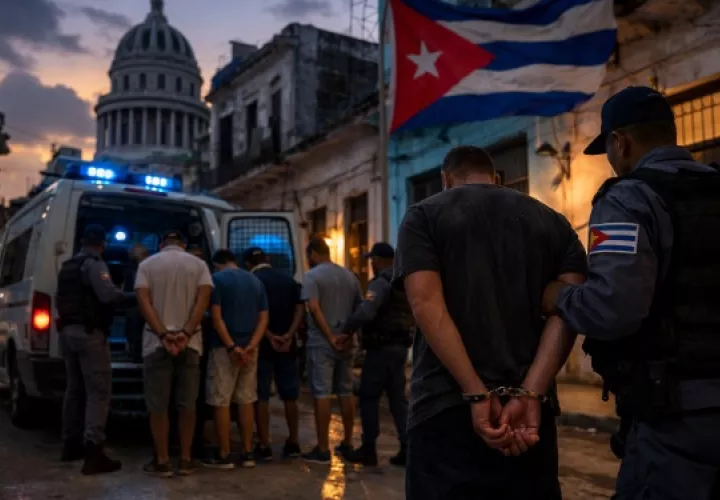Hydroelectric fight still boiling

HOURS AFTER President Juan Carlos Varela heralded the achievement of a deal between the government and indigenous groups over the Barro Blanco hydroelectric project, the builders denounced the agreement.
Feneradora del Istmo, S.A. (Genisa), concessionaire of thehydroelectric plant on the river Tabasará announced its objection to the pact signed on Monday August 22.
The deal excludes the company’s operation of the project.
“We express formally our disagreement with the impositions included in the agreement and the damages suffered to date and coming in the future as a result of the dialogue table. We reserve the right to bring actions and use legal mechanisms at our disposal to protect our right to fair and equitable treatment of our investment and compliance with the principles of legality and respect for our rights as dealers, private property and legal security, “said the company in a statement released Tuesday.
COMPLAINTS
“These provisions also violate and undermine the rights that protect our investors, citizens of the United States and Central America under laws and international treaties,” the company says.
Genisa claims that the delay in the construction and commissioning of the project, already advanced 95% – has caused them overruns, loss of profits, risks and damage to equipment and infrastructure.
The government replied that the main components related to Genisa were known and discussed by their representatives during the negotiation process, “and in fact in several cases provided by them.”
One of the points of the agreement provides that at least 50% of the jobs generated by the plant will be taken by land workers and indigenous people.
The National Council of Private Enterprise (CONEP) also questioned the agreement reached for “not having the participation of all stakeholders.
“The decision on Barro Blanco was made according to the principles of a group that does not respect any authority, including theirs. This will cost a lot to the country. The agreement is the result of a dialogue that did not include the participation of all stakeholders,”said the Council.





